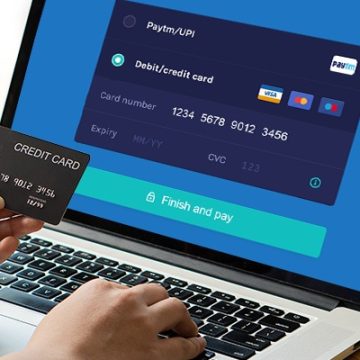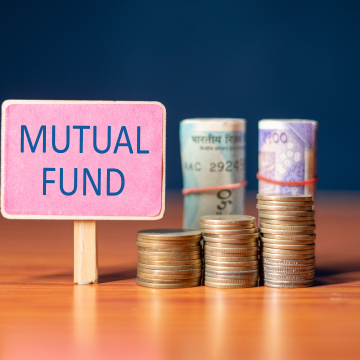Life has become so unpredictable and financial crises are unavoidable. But are you sure you can pull through financial emergencies successfully? If you can’t say a bold yes to this question then you have some work to do.
Here is a simple guide that will help you prepare for a financial emergency.
Maximize On Your Savings
Whenever an emergency knocks on your doorstep, your first move will be to check on your savings. There is no time restriction when it comes to accessing your savings.
Also, withdrawal and incur tax penalties are not applicable when you withdraw your savings. Don’t invest in stocks or any other higher-risk investments that will require several months before your savings turn to liquid cash.
Creating an emergency in your savings account ensures you can access your cash whenever you have an emergency without any hiccup.
Allocate some amounts into your emergency fund so that you start earning something. At least remember to replenish your emergency fund after the withdrawal as you reevaluate how much it should contain.
Have Your Insurance
Insurance helps a lot in times of emergencies. Think of what can happen to you if you have a health emergency, yet you lack the finance to sort your bills. Who can you turn to if you don’t have a health insurance but you need to cover medical expenses? How can you deal with unexpected expenses like this? Will you apply for an emergency loan?
Though insurance is not that cheap, ensure you have enough money in your emergency fund to take care of your insurance.
Paying for emergencies will give you peace of mind as they have your back during emergencies. To get the best policy rates, you should always reevaluate your policy limits and avoid letting your coverage collapse.
Pay Your Debts
If you have pending loans and debts to repay, an emergency situation can make this even harder. Another good reason for repaying your loans is that lenders won’t hesitate to help you out if you pay your loans on time. Ensure you take care of your credit cards if you aren’t in a good position when an emergency strikes.
Take care of all the outstanding debts plus their interest. Who do you think can lend you money if you have a terrible reputation in repayment? Think about the future and work on creating a good relationship with your lenders.
Have an Emergency Budget
Yes, you may have your regular budget but don’t forget to create an emergency budget too. What happens to you if you run short of income after losing your job? How will you survive as you try to look for a new job?
If you have an emergency budget set aside, you don’t have to worry about what will happen if you lose your income source. At least you can turn to an emergency budget to take you through the tough times.
The best way to create an emergency budget is to list all your monthly bills as you prioritize the essentials. Sacrifice on the less essential items so you maximize on those that you’ll need most.


















